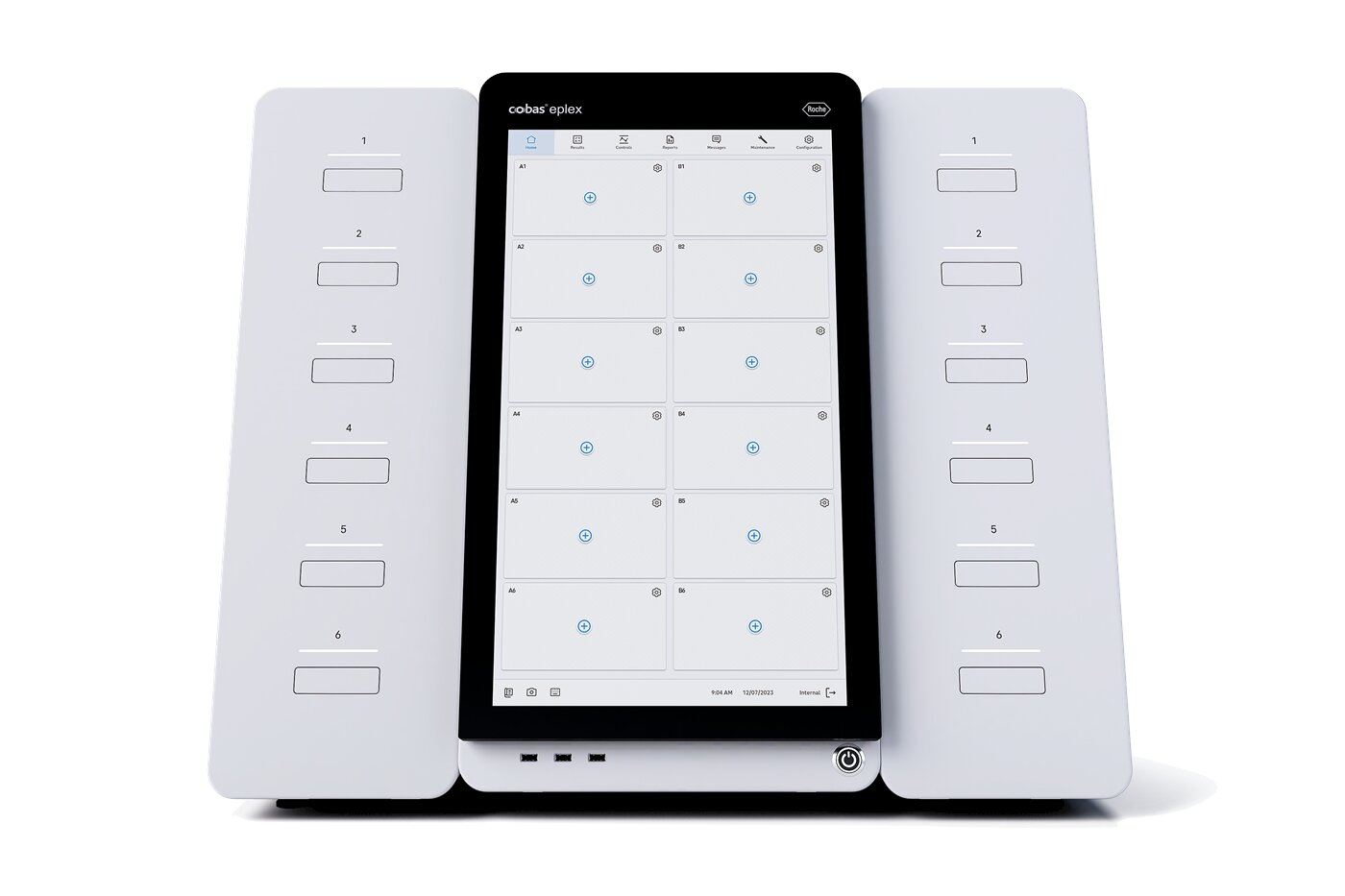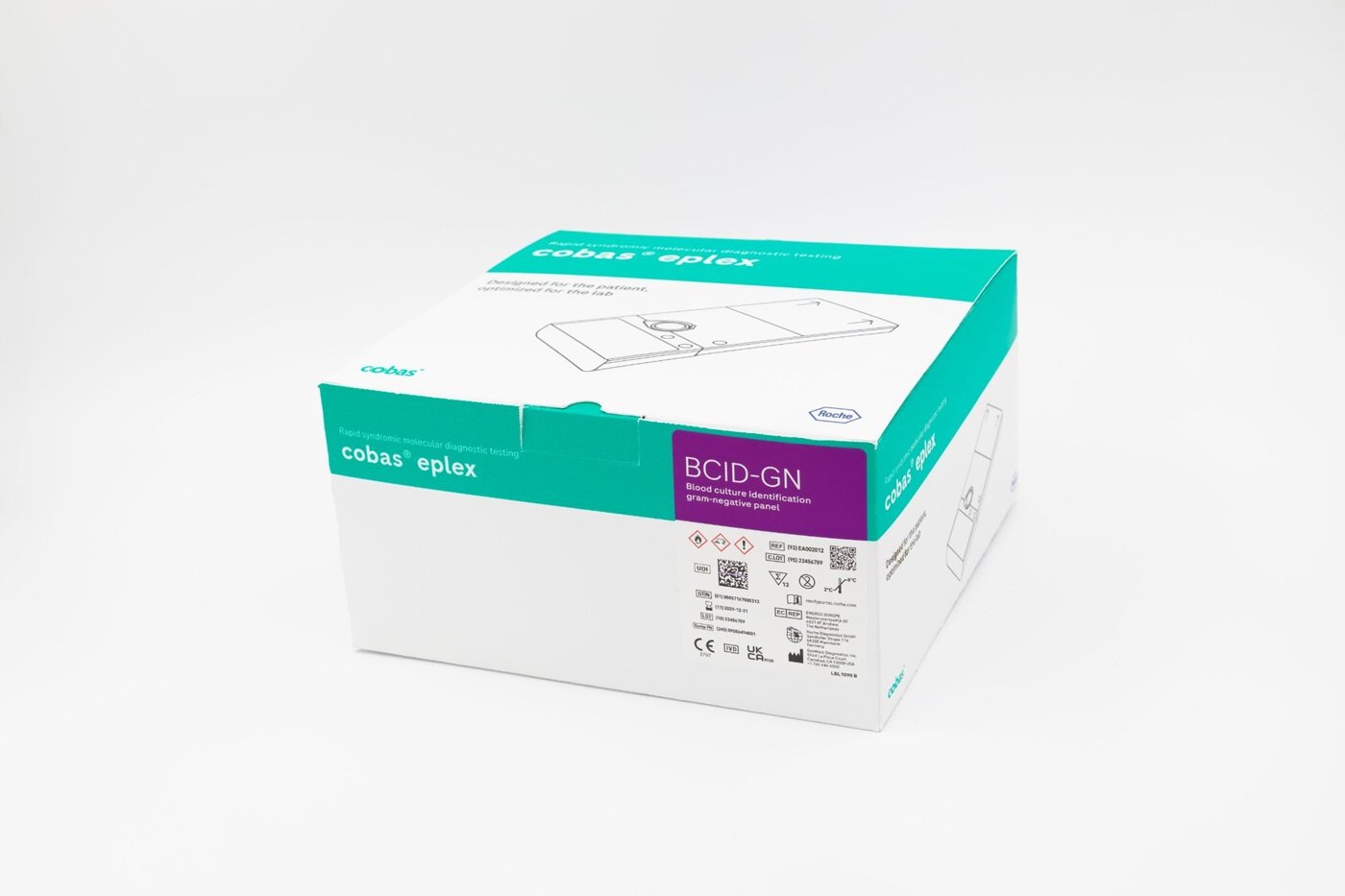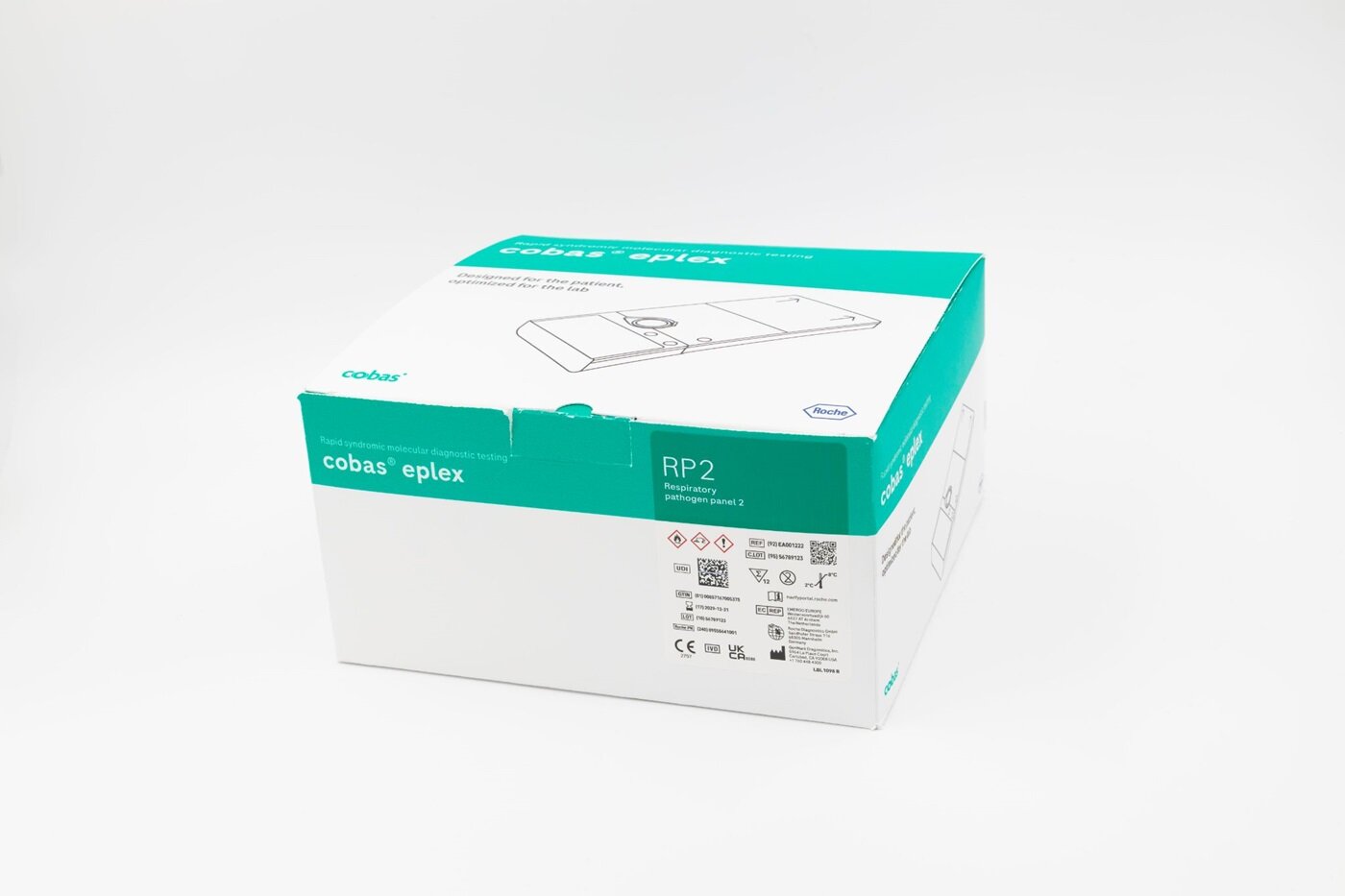For localized information and support, would you like to switch to your country-specific website for {0}?
The value of syndromic testing: The more you detect, the better you protect
Syndromic and point-of-care molecular diagnostic testing methods have transformed the landscape of infectious disease diagnostics. These methods enable rapid and simultaneous identification of multiple pathogens and drug resistance mechanisms directly from clinical specimens and positive blood cultures, streamlining the diagnostic process and offering benefits in clinical value and laboratory efficiency.1,2
Clinical value:
- Comprehensive diagnosis: Syndromic panels detect pathogens that cause overlapping signs and symptoms, providing critical care management information when there is not enough data to determine what specific pathogens to test for.
- Accurate and fast results: Multiplex PCR testing enables timely decision making compared to conventional testing methods, which can help achieve improved patient outcomes.2
- Antimicrobial stewardship: Syndromic testing can promote more targeted microbial treatment,3 reducing potential adverse events from the misuse and overuse of antibiotics and supporting global efforts in antimicrobial stewardship.1,2,4
Laboratory efficiency:
- Reduced hands-on time and operator errors: The simultaneous generation of multiple results in a single test reduces operator hands-on time and the potential introduction of manual errors compared with conventional diagnostic methods.2
- Elimination of unnecessary tests: Syndromic testing can help laboratories reduce unnecessary additional or reflex tests, improving overall efficiency and reducing the workload and resource consumption in the lab.
Roche is committed to the continued improvement of patient care using syndromic testing. Our syndromic testing solutions, featuring the cobas® eplex system, are designed to ensure that healthcare providers and their patients have the best opportunity of receiving a fast, reliable, and actionable result.
Featured products
Benefits of syndromic testing solutions from Roche
Designed for the patient, optimized for the lab
While many systems claim sample-to-answer capabilities, only the cobas eplex system integrates the entire process from order-to-report to better realize the patient and laboratory benefits of rapid, multiplex molecular diagnostics for syndromic testing.
The cobas eplex system offers many unique solutions that were thoughtfully engineered to address the biggest challenges you face in the clinical laboratory and to support hospital systems in delivering patient-centered, value-based care.
Designed for the patient: reduce avoidable medical errors
Preventable medical errors are now the third leading cause of death in the United States at more than 200,000 per year.5 Automating information transfer has been shown to be effective in reducing many common errors, including patient identity checking and order transcription.6
The cobas eplex system is uniquely designed with patient safety features in mind so that labs and physicians are confident they have the right patient, with the right test, and the right result, every time.
- Reduce the chance of pre-analytical errors with < 1 minute hands-on time and guided workflows
- Transcription errors can be eliminated in both order entry and result reporting with bi-directional laboratory information system (LIS)
Optimized for the lab: maximize lab efficiency by reducing administrative overhead
Monitoring and reporting quality control (QC) testing is both a requirement and a best practice to ensure accuracy of patient results and compliance with lab standards. With built-in QC tracking capabilities and safeguards, you can effortlessly run controls as needed, as well as easily track and report compliance.
In addition to automated QC tracking, the cobas eplex system provides the following compliance and data management tools:
- Integrated data analytics to easily monitor lab performance
- On-demand epidemiology reports for export and simplified analysis
- Fully configurable, auto-release of test results
These unique capabilities allow you to reduce the time spent on routine administrative tasks and focus your limited resources on high-value activities that impact patient care and the bottom line.
Related health topics
References
- Relich RF & Abbott AN. Syndromic and point-of-care molecular testing. Advances in Molecular Pathology. 2018;1:97–113.
- Dumkow LE, et al. Syndromic diagnostic testing: a new way to approach patient care in the treatment of infectious diseases. J Antimicrob Chemother. 2021; 76(Suppl 3):iii4-iii11.
- Markussen DL, et al. Diagnostic stewardship in community-acquired pneumonia with syndromic molecular testing: A randomized clinical trial. JAMA Netw Open. 2024;7:e240830.
- World Health Organization. Antimicrobial resistance: Fact sheet [Internet; cited 2024 July 15]. Available from: https://www.who.int/news-room/fact-sheets/detail/antimicrobial-resistance.
- Rodziewicz TL, et al. Medical Error Reduction and Prevention. StatPearls [Internet] [Internet; cited 2024 July 15]. Available from: https://www.ncbi.nlm.nih.gov/books/NBK499956/.
- The National Academies of Sciences, Engineering, and Medicine. To err is human: Building a safer health system [Internet; cited 2024 June 14]. Available from: https://nap.nationalacademies.org/read/9728/chapter/4.



